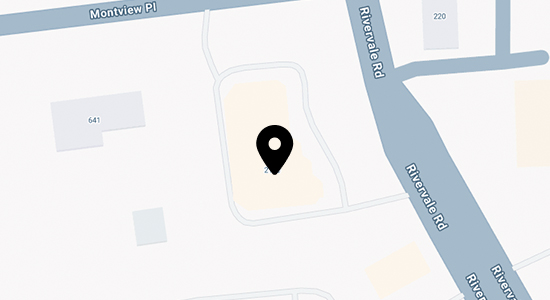Alternative Dispute Resolution in River Vale
Alternative dispute resolution (ADR) refers to a variety of processes that help parties resolve disputes without a trial. ADR procedures are usually less costly and more expeditious. They are increasingly being utilized in disputes that would otherwise result in litigation, including divorce actions. Typical ADR processes include mediation, arbitration, and collaborative law.
1. Mediation: Divorce mediation is a process that helps parties reach a mutually agreed-upon resolution of contested issues in a divorce. Divorce mediation occurs outside of a courtroom, but with a mediator present. In this process, the mediator serves as a neutral third-party who helps the parties resolve issues that they disagree about. Parties are encouraged to hire a lawyer to advise them of their rights during the mediation process. The mediator helps the parties identify the issues, gather the information they need to make informed decisions, and communicate so that they can find a solution agreeable to both.
2. Arbitration: In divorce arbitration, the parties select an impartial third party to decide the issues in their case in the same manner as a judge. The parties will waive their right to having the court decide the issues that will be resolved in arbitration. Each party presents their case at the arbitrator’s office, or other mutually agreed upon location, and the case proceeds as it would in court with each party testifying under oath and presenting evidence. At the conclusion of the hearing, the arbitrator issues his or her decision which is binding and final.
3. Collaborative Law Process: The collaborative law process allows parties, with the assistance of lawyers and experts (as may be needed), to work toward reaching a settlement on fair and equitable terms without the financial and emotional cost that often accompanies litigation. In addition to the parties and the lawyers, other experts may include certified financial planners, certified public accountants, licensed clinical social workers, psychologists, licensed professional counselors, licensed marriage and family therapists, and psychiatrists. The collaborative law process will end if either party files a divorce or dissolution complaint. Upon termination of the collaborative law process, the parties are not permitted to hire any lawyers or law firms that represented them in that process for purposes of the divorce or dissolution.
If you are thinking about or have made the decision to get divorced, traditional litigation may not be in your best interest. Contact The Law Office of Joseph A. DiPiazza, LLC at (201) 494-2800 to schedule a legal consultation to explore your options for a low conflict divorce and to discuss alternative dispute resolution.


